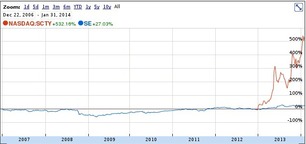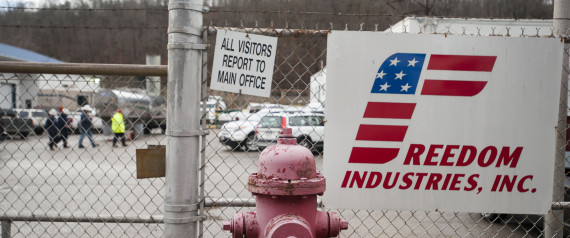Received Sunday on Stranded fossil fuel assets. -jsq
Governmental eminent domain powers have been growing for more than 115 years, to the point where courts have upheld the taking of property from one private owner for the purpose of transferring it to another, as long as it benefits the public. The Natural Gas Act delegates eminent domain powers to the pipeline companies, subject to court approval. However there’s no mechanism in place to dispute the taking. Things to consider:
- How does this benefit the public by taking land from the public?
- Is there an irrefutable study that shows this act of taking of private land is justifiable by needs other than capitalistic greed?
- Also, what about the mineral rights of the property?
- How many “pipes” or infrastructures can the Pipeline Company sell or lease access to other entities without any future benefits paid to the original land owners?
- Are all Continue reading How does this pipeline benefit the public by taking land from the public?













